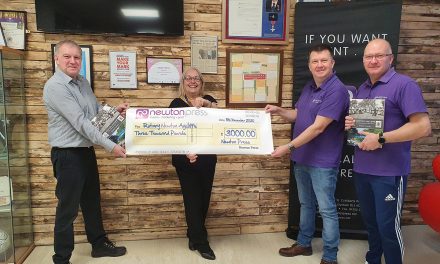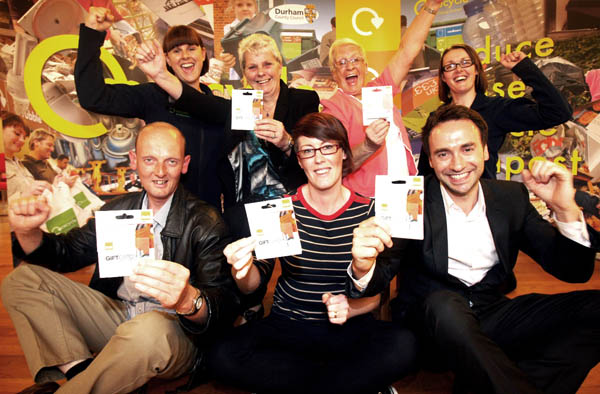Residents across County Durham are being reminded to ‘Bin it right’ to make sure their recycling can continue to be used to make new products.
The six month ‘Bin it right’ campaign will encourage residents to put the right items in the right bin to stop recyclable material being contaminated and spoiled by items that can’t be recycled.
Recycling assistants will also be on hand to give advice to households in areas where recycling contamination is most common.
The majority of householders place the correct material in the right container and the amount collected for recycling has increased by over 30 per cent since the introduction of alternate weekly collections in 2012.
But last year, nearly 10 per cent of the total material collected for recycling was non-recyclable. This included nappies, pet waste and food.
Councillor Brian Stephens, Cabinet member for neighbourhoods and local partnerships, Durham County Council said: “It is essential that all items, from a used tin of beans or glass bottle to nappies and pet waste, are put in the right bin or box so recyclable materials are free from contamination and can be turned into other products.
“Recyclable items should be washed and squashed where possible and placed loose in the recycling bin without being bagged. Items that can’t be recycled such as food, pet waste and nappies should be bagged and placed in the rubbish bin.
“We would like to thank residents for recycling household waste items and hope to clear up any confusion about what goes where to give a better understanding of which items can and cannot be recycled. Contaminated material not only reduces recycling rates but also costs the authority about £100 a tonne in alternative disposal.”
The awareness campaign forms part of an advisory system to improve recycling. Where there are repeated incidents of recycling contamination in household bins, residents will be notified directly by letter and the issue of a bin sticker.
Further information on what items go where is available at www.durham.gov.uk/whatgoeswhere or call 03000 26 1000.








